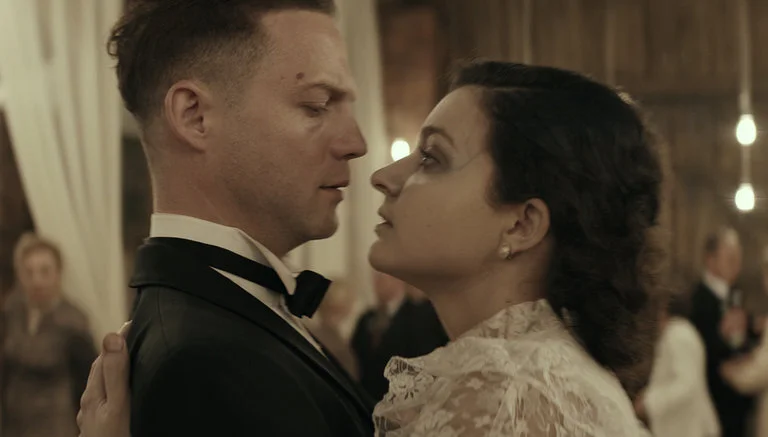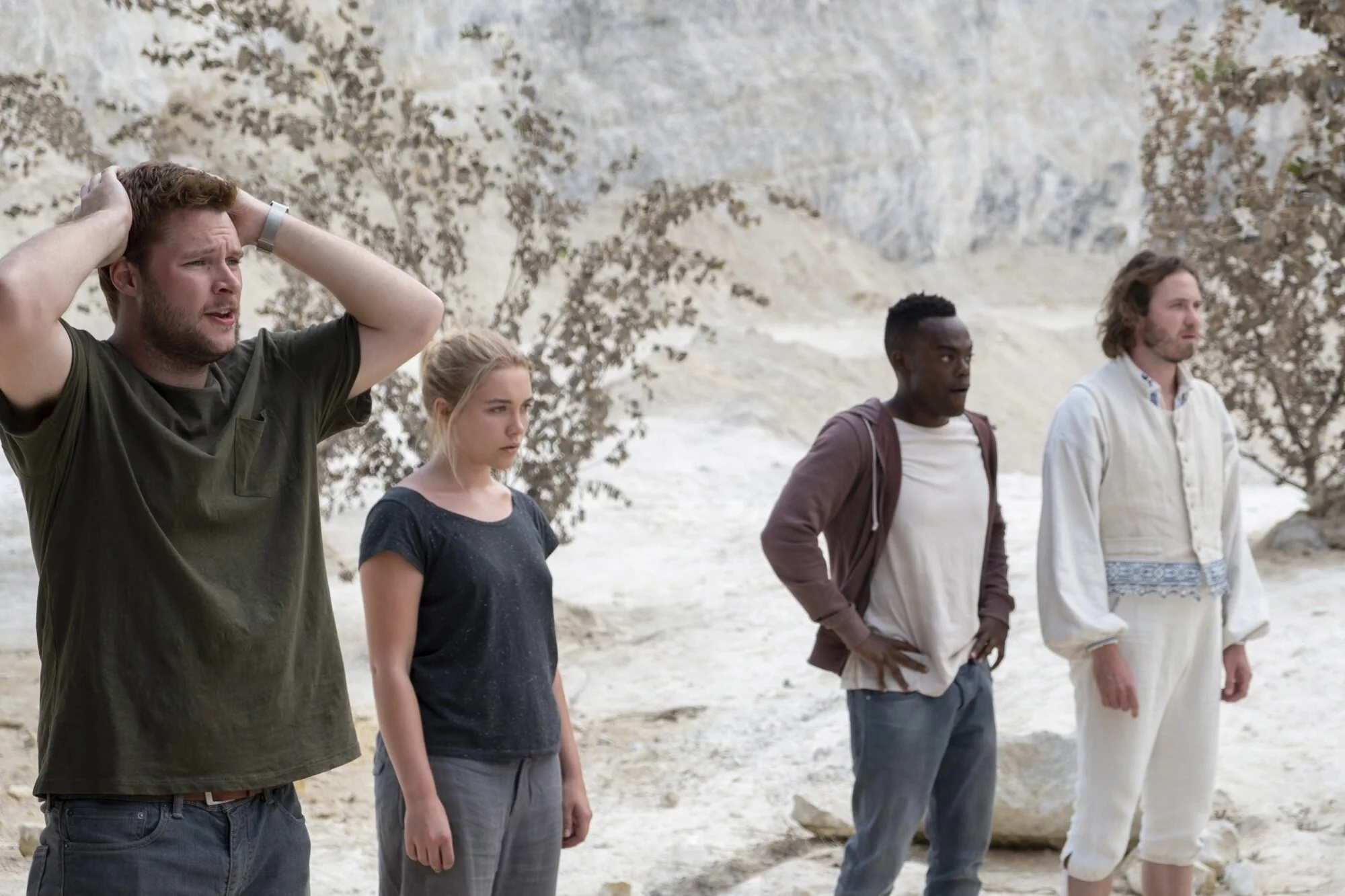The film takes place over the wedding and reception of a Polish woman and a British-born Polish man. Before the wedding, Piotr discovers a skeleton buried in the yard behind their new home, the old house Żaneta inherited from her grandfather. Demon is about a terrible truth that these wedding guests and many Poles want to forget, one that persists in the bones under the very soil of Poland itself.
All tagged social thriller
Grotesque Comedy, Part 2: Get Out of Stepford
While not technically an adaptation or a remake, Get Out re-envisions The Stepford Wives--both the 1972 novel and the 1975 film--in what you could call a remake in spirit. (Oh, and it rightly ignores the 2004 atrocity.)
Forbes’ film and Levin’s novel dealt with feminist themes of gender power dynamics, ownership of female bodies, and the objectification of women. Get Out builds on how those issues intersect with racial power dynamics, ownership of Black bodies, and racist ideas of Black people as animals.
But Peele’s up to more than just swapping Women’s Liberation for Black Emancipation. He gives us a more hopeful film, lighter and funnier than The Stepford Wives, but at the same time heavier and more horrifying.
Grotesque Comedy, Part 1: The Stepford Wives
Ira Levin’s novel, The Stepford Wives, adapted to film in 1975 and again in 2004, marries comedy with the grotesque. That satire gives the book and its underlying feminism their power. The films miss this point in opposite ways. The ‘75 version downplays the humor, ignoring the absurdity of the novel’s premise, and the ‘04 version plays everything for laughs, seeming to mock the novel’s feminism.
Keeping Up With the Parasites
Parasite climaxes in tragic chaos because of the systems that dehumanize and punish lower class families, while actively preventing them from advancing toward social ideals of “success.” Beneath the satirical madness of Bong’s film lies the tragic truth: the hard lines of class are nearly impossible to transcend, and attempting to cross them might leave you worse off.
Lost My Shape: Death & Rebirth of Identity in Midsommar
In the wake of overwhelming tragedy and faced with the uncertainty of life beyond their four-year relationship, the main characters of director Ari Astor’s instant classic Midsommar (2017) reluctantly depart for the sunny hills of Hälsingland—a foreign town that serves the couple as a kind of limbo, testing each to see who they will become in the aftermath of a clearly failing relationship. Dani emerges with newfound purpose and identity, but her boyfriend Christian, loses himself at every turn, burning every social bridge that formed his identity until flames consume the little bit that’s left.






